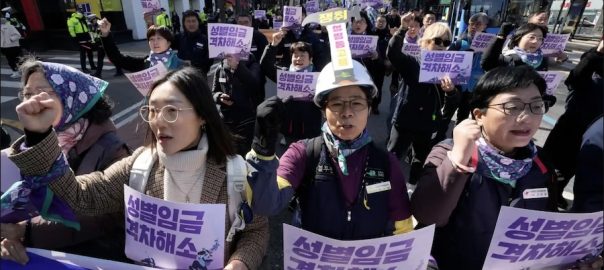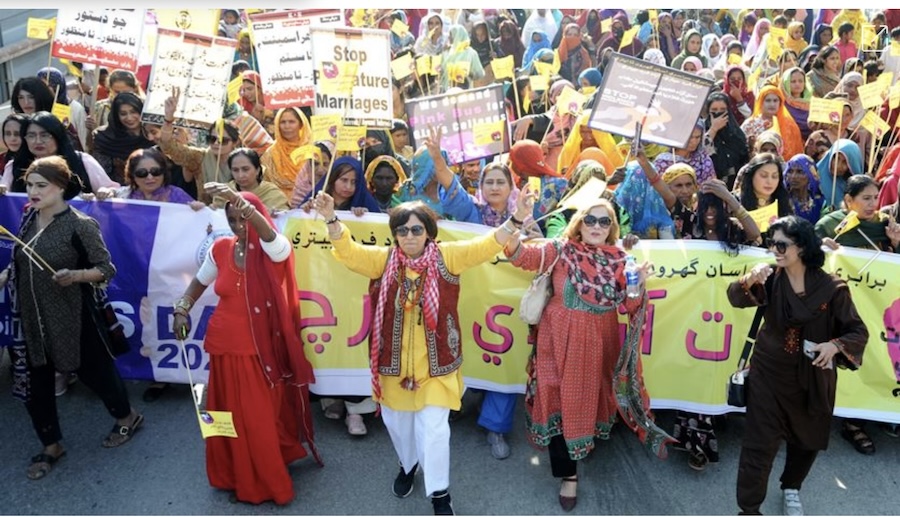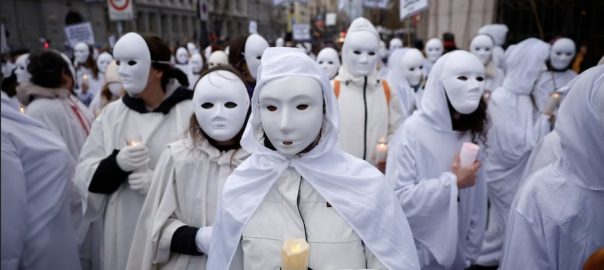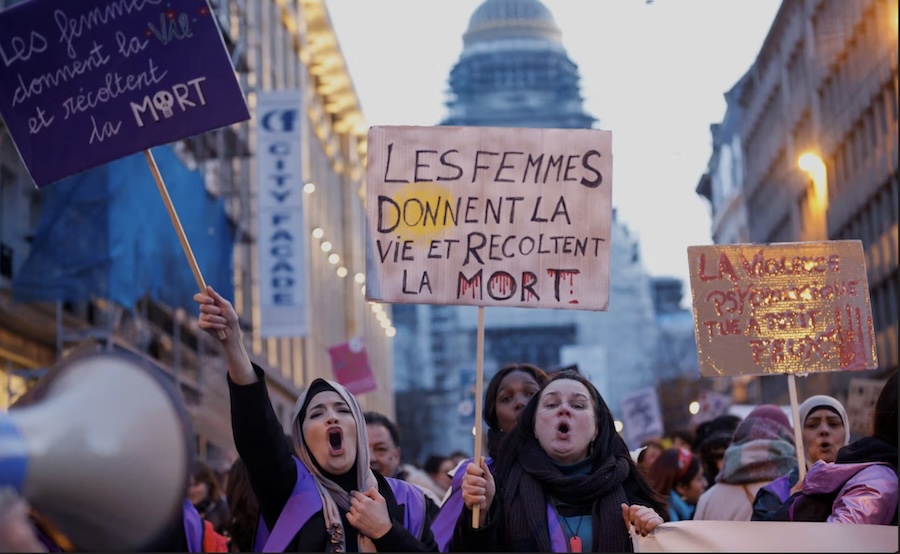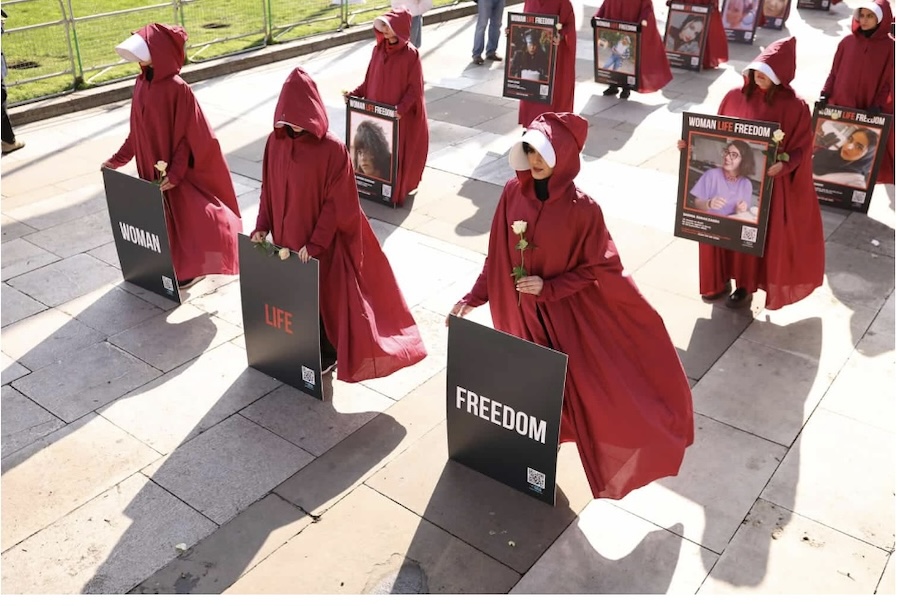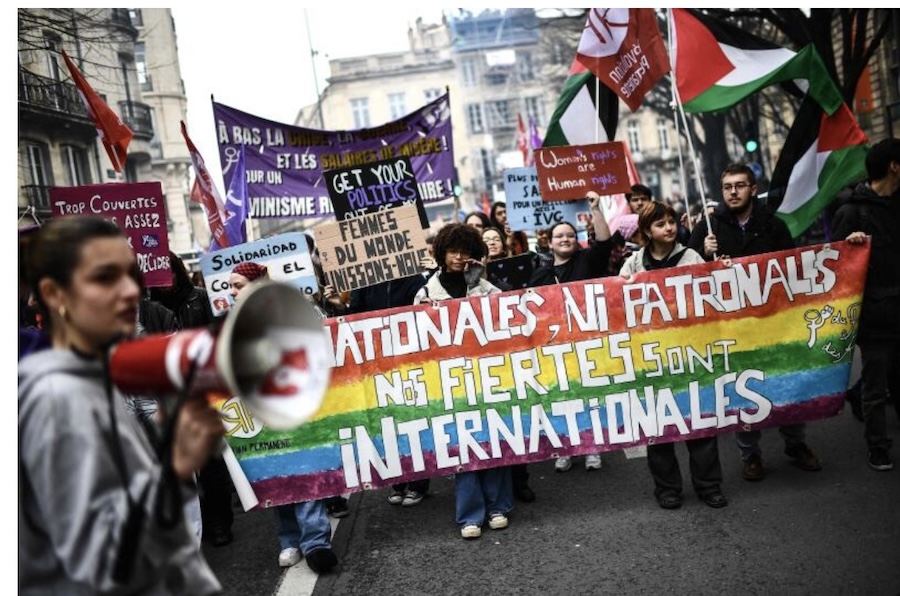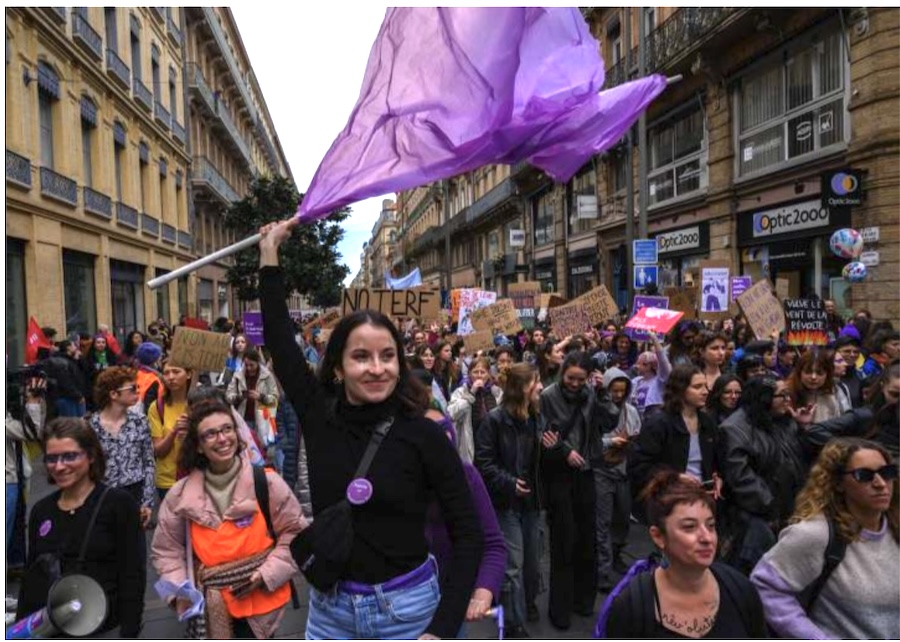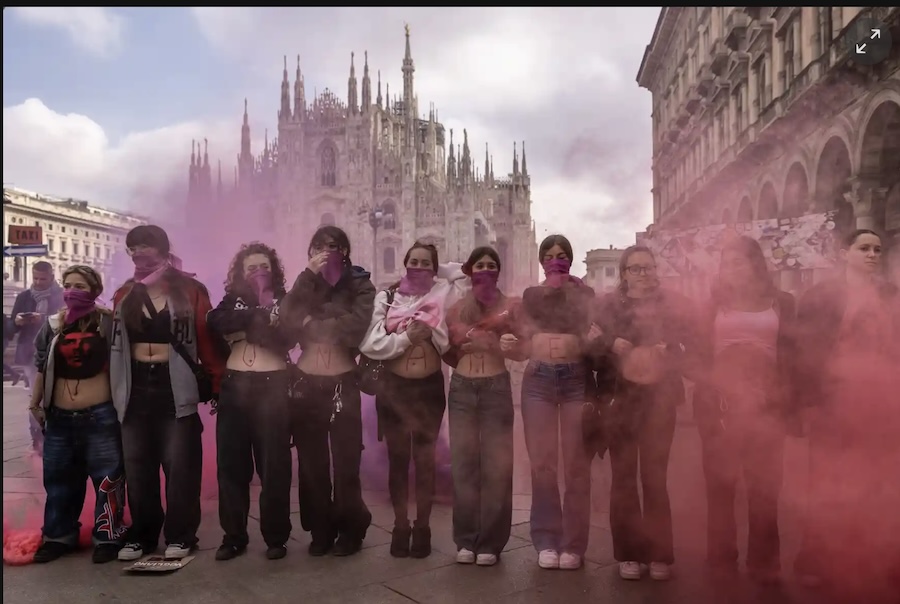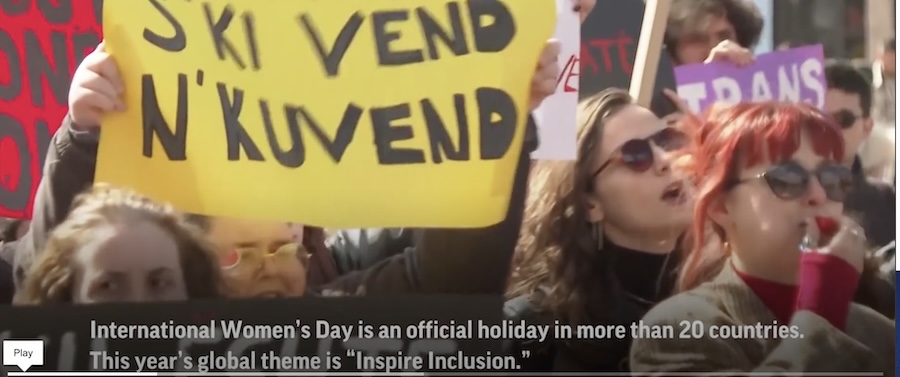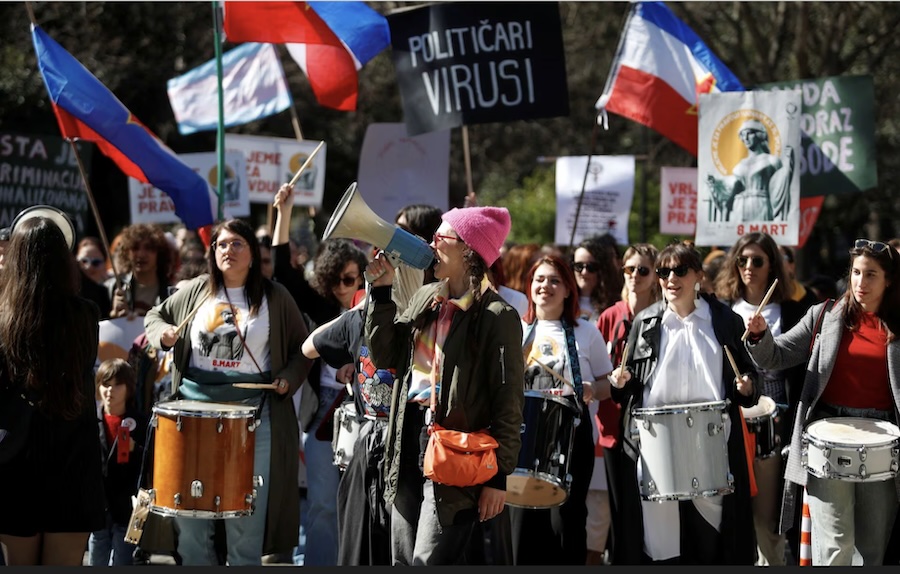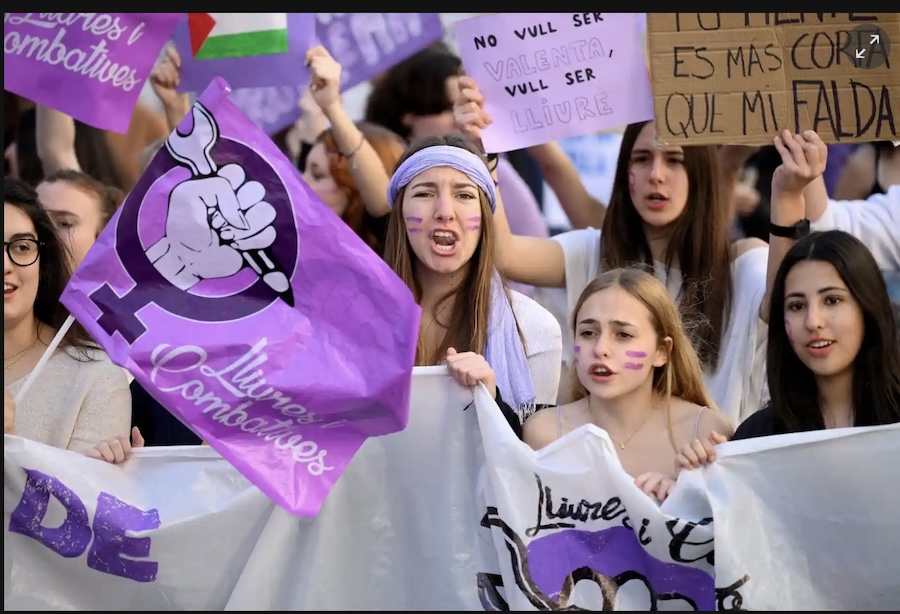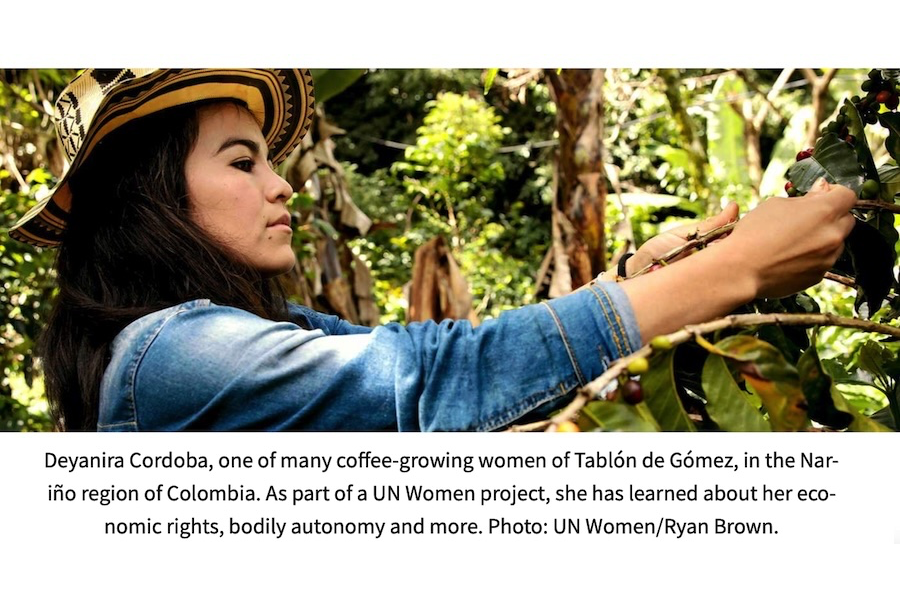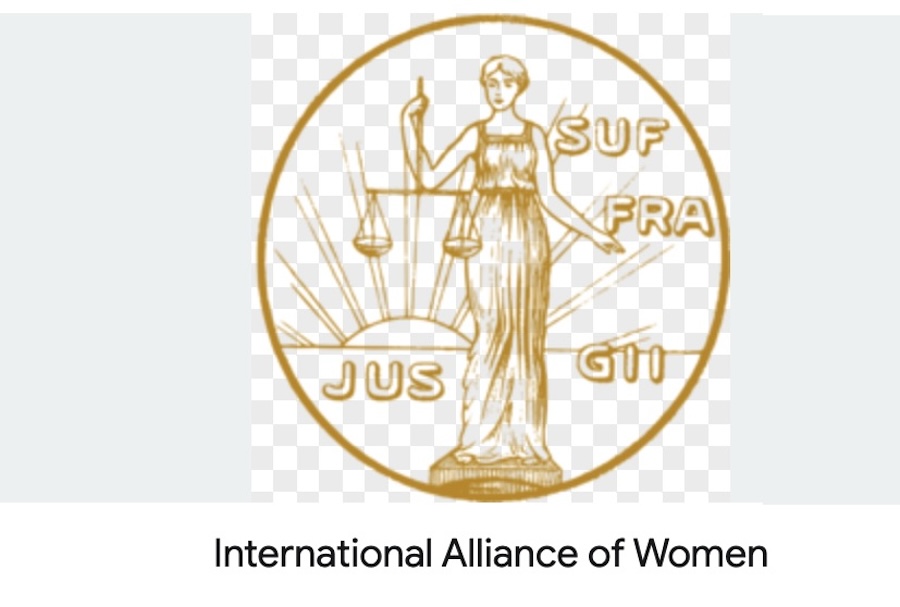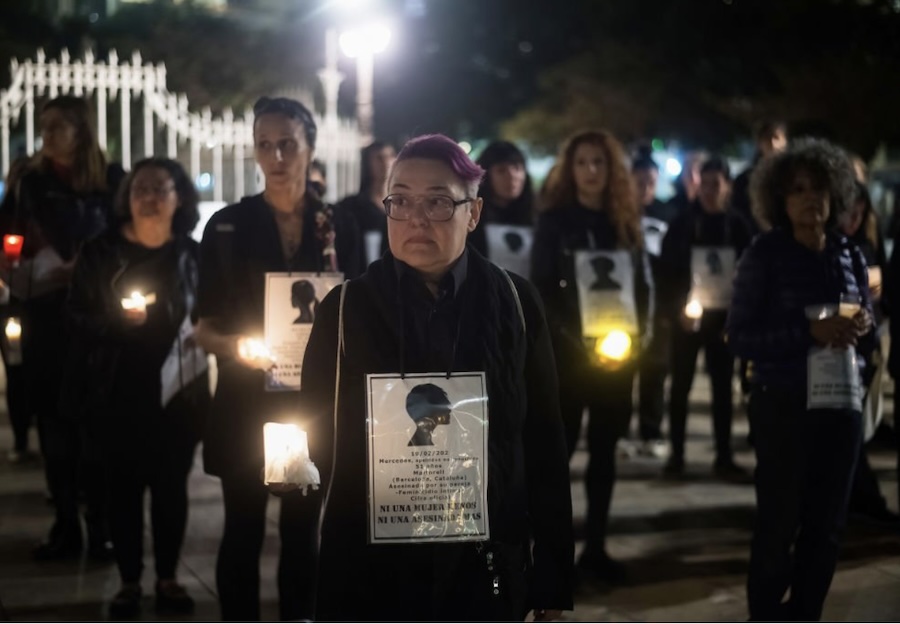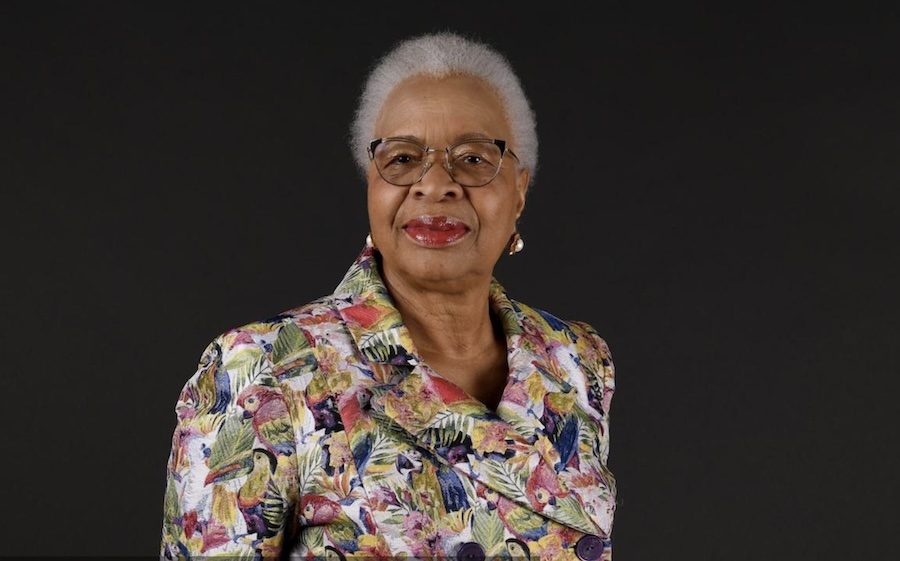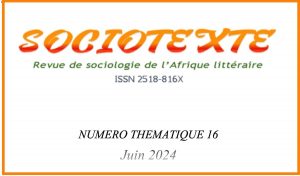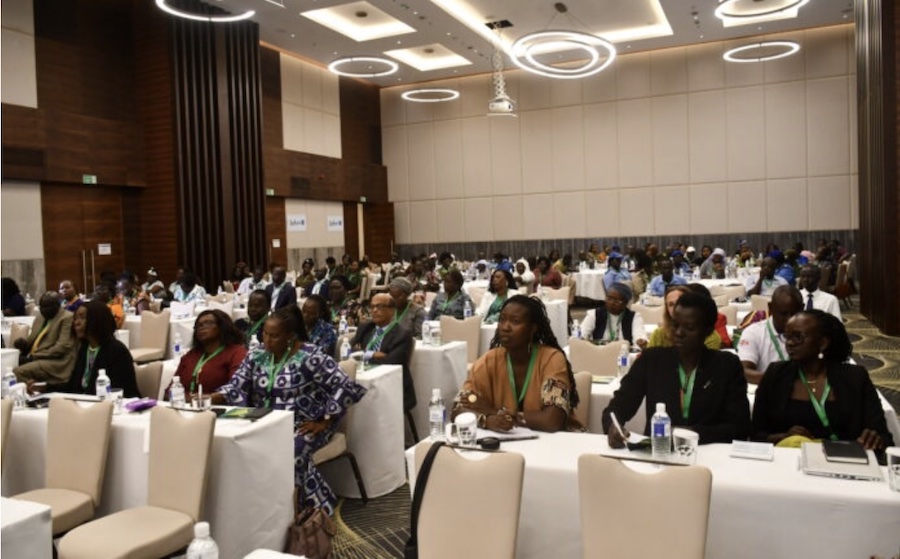. WOMEN’S EQUALITY . .
A press survey by CPNN
In order to gather photos from the celebration of International Women’s Day, we put the following phrases into the google search engine:
° women’s day photos 2024
° Photos “Journée internationale de la femme” 2024
° Fotos”Día Internacional de la Mujer” 2024
° Fotos “Dia Internacional da Mulher” 2024
Here are the results from Asia/Pacific.

A collective group of Afghan women hid their faces and chanted “No to gender apartheid” and “Afghanistan is hell for women.” (frame from AP News video)
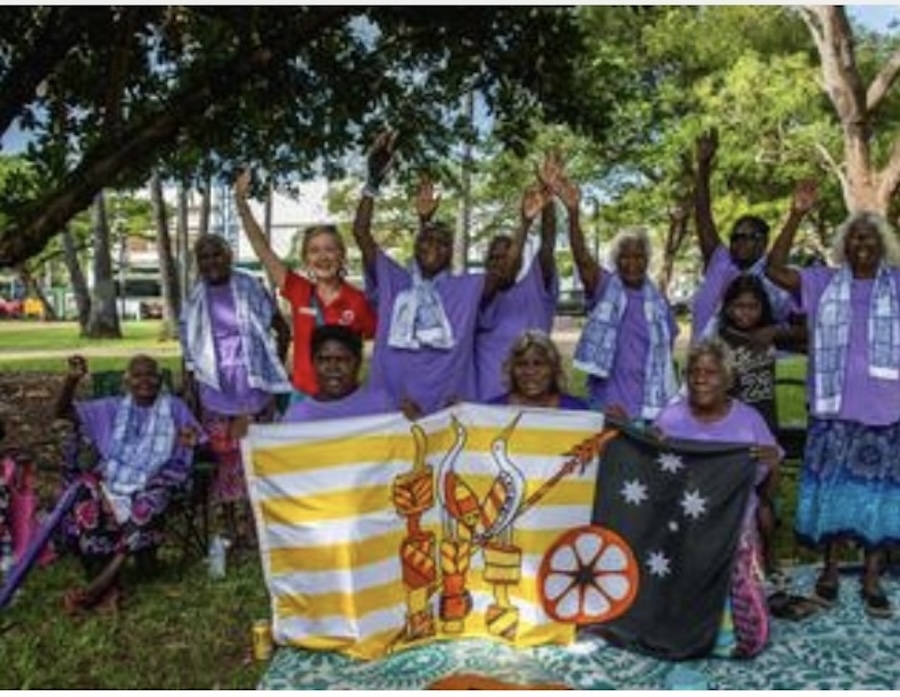
A purple wave swept through Darwin city as more than 1000 Territorians turned out to march for women’s rights – with some attendees making a special trip for the occasion (from NT News).
 A protester marches during an International Women’s Day rally in Melourne. Photograph: Asanka Ratnayake/Getty. (from The Guardian)
A protester marches during an International Women’s Day rally in Melourne. Photograph: Asanka Ratnayake/Getty. (from The Guardian)
 Activists and garment workers shout slogans as they take part in a protest marking International Women’s Day in front of the National Press Club in Dhaka, Bangladesh. Photograph: MD Mehedi Hasan/Zuma Press Wire/Rex/Shutterstock. (from The Guardian)
Activists and garment workers shout slogans as they take part in a protest marking International Women’s Day in front of the National Press Club in Dhaka, Bangladesh. Photograph: MD Mehedi Hasan/Zuma Press Wire/Rex/Shutterstock. (from The Guardian)
 A participant plays with a child as they attend a celebration to mark the International Women’s Day at Freedom Park in Phnom Penh Cambodia, Friday, March 8, 2024. The headband reads “Dignified life.” AP Photo/Heng Sinith (from AP News)
A participant plays with a child as they attend a celebration to mark the International Women’s Day at Freedom Park in Phnom Penh Cambodia, Friday, March 8, 2024. The headband reads “Dignified life.” AP Photo/Heng Sinith (from AP News)
 Women in ethnic costumes dance at Lijiang ancient town in southwest China’s Yunnan Province, March 8, 2024. (Photo by Zhao Qingzu/Xinhua). (from the Peoples Daily Online)
Women in ethnic costumes dance at Lijiang ancient town in southwest China’s Yunnan Province, March 8, 2024. (Photo by Zhao Qingzu/Xinhua). (from the Peoples Daily Online)
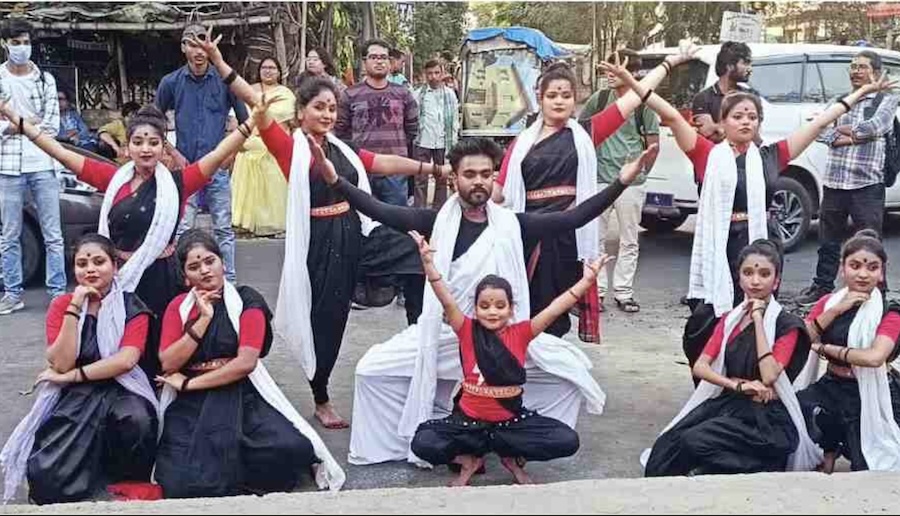 Maitree Network, a conglomerate of over 40 feminist organisations, display cultural street performances at Rabi Thakurer More (Ruby crossing) on International Women’s Day on Friday. (from Telegraph India)
Maitree Network, a conglomerate of over 40 feminist organisations, display cultural street performances at Rabi Thakurer More (Ruby crossing) on International Women’s Day on Friday. (from Telegraph India)

People carrying placards take part in a rally in Jakarta in support of women’s rights, calling for gender equality and the impeachment of Indonesia’s president, Joko Widodo. Photograph: Ajeng Dinar Ulfiana/Reuters. (from The Guardian)

Dozens of persons participate in the demonstration for International Women’s Day in Tokyo, Japan. FRANCK ROBICHON (EFE) (from El País)
Prospects for progress in women’s equality, what are the short and long term prospects?
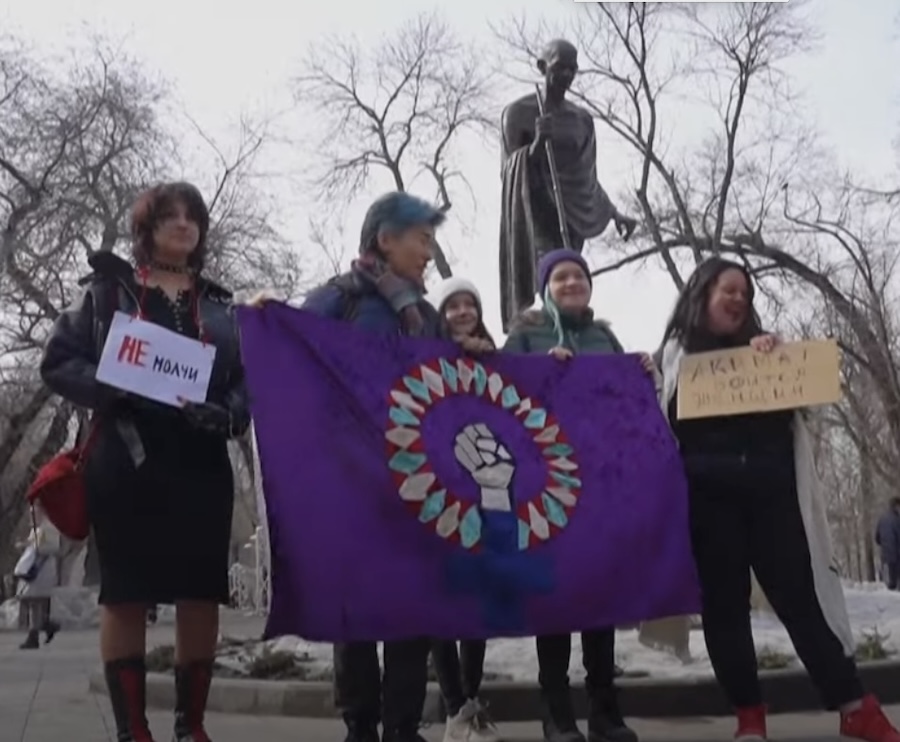
In Kazakhstan, protesters denounced a nationwide epidemic of gender-based violence. (Frame from France 24 video).
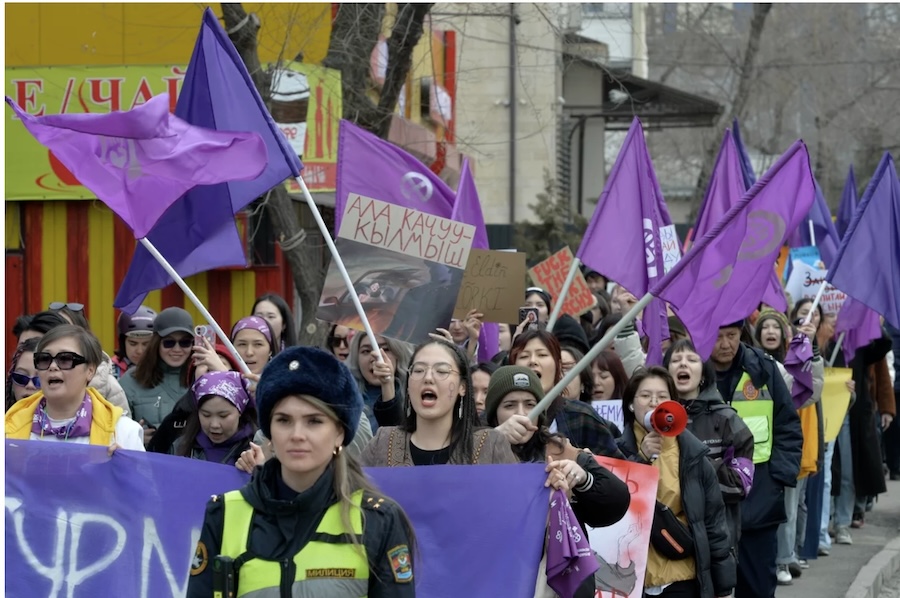
Women march on International Women’s Day in Bishkek, Kyrgyzstan. Vladimir Voronin/AP (from NPR)

People shout slogans and carry placards during a women’s march in honour of International Women’s Day on March 9, 2024 in Kuala Lumpur, Malaysia. (from Getty Images)

Women in Pyongyang, North Korea, celebrate International Women’s Day. Won Jin/AFP (from Folha de S. Paulo)

Jamaat-e-Islami party activists demonstrate to mark International Women’s Day in Karachi, Pakistan. Photograph: Asif Hassan/AFP/Getty. (from The Guardian)
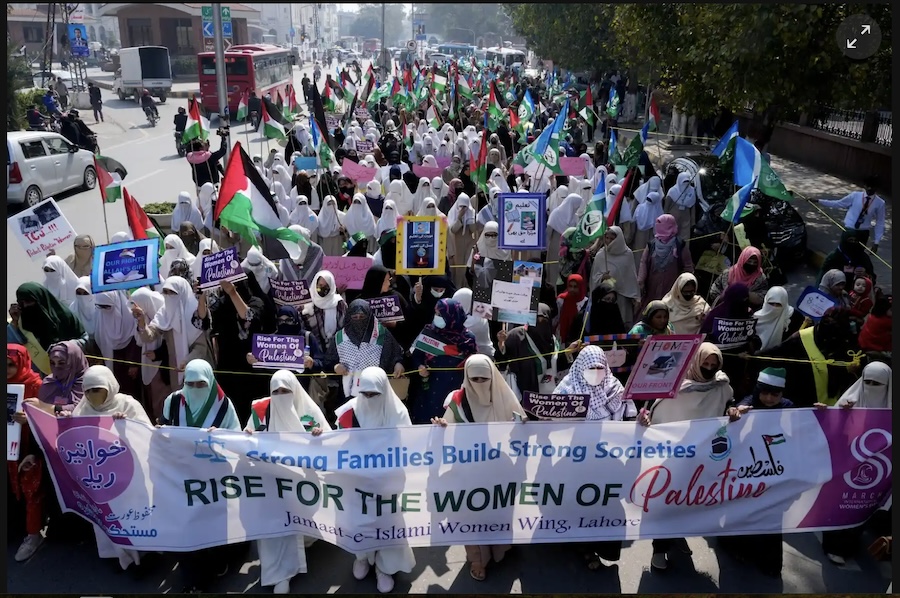
Female supporters of the religious Jamaat-e-Islami party take part in a rally to mark International Women’s Day in Lahore, Pakistan.nPhotograph: KM Chaudary/AP. (from The Guardian)
 In the Philiippines women demanded an end to sexual harassment and wage discrimination.(from France 34)
In the Philiippines women demanded an end to sexual harassment and wage discrimination.(from France 34)

Members of the Korean Confederation of Trade Unions march at a rally in Seoul marking International Women’s Day. Photograph: Ahn Young-joon/AP (from The Guardian)

Bangkok, Thailand. Women dressed in pregnancy costumes march to Government House to highlight the meagre maternity leave for women in Thailand, set at eight days. Women’s groups are calling on the government to extend maternity leave to 120 days. Photograph: Lauren DeCicca/Getty (from The Guardian)

From 7:00 a.m., thousands of people, pupils, students, officials, and city leaders were present on Nguyen Hue walking street to participate in ao dai performances to celebrate the International Women’s Day March 8 and the 10th anniversary of the Festival. Ho Chi Minh City Ao Dai. (from VN Express)
